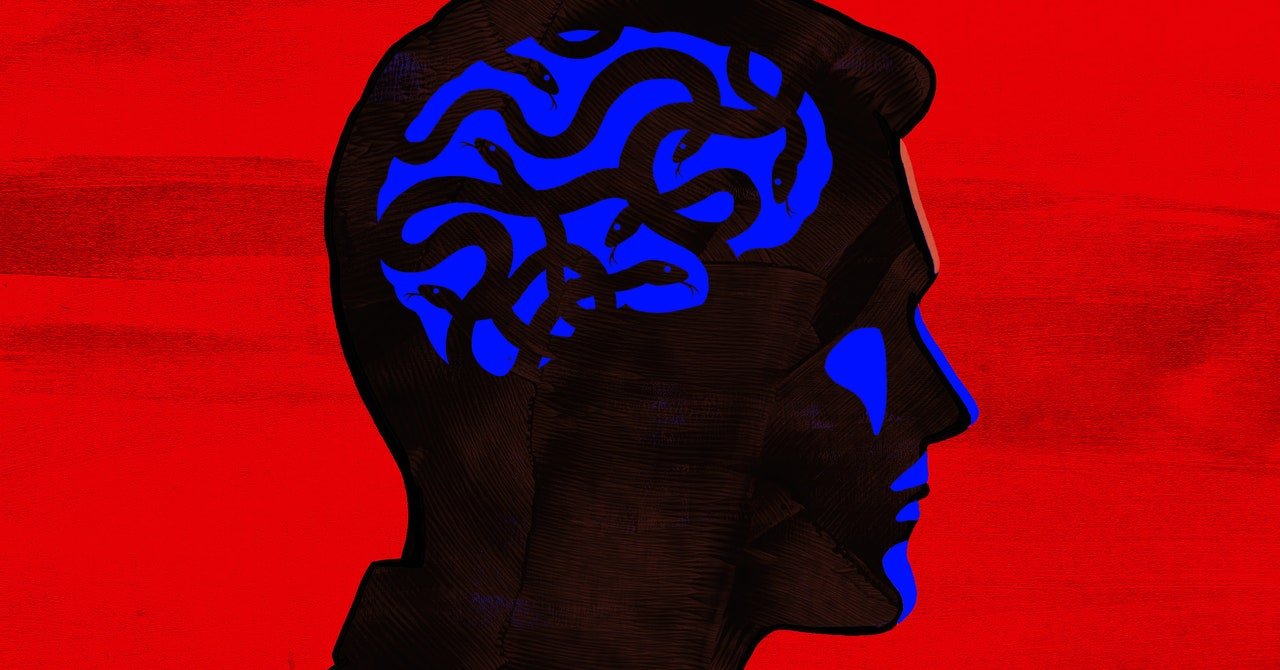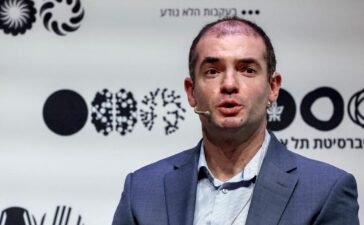So when voters in Oregon heard earlier this month that the state’s Democratic secretary of state, LaVonne Griffin-Valade, had removed Trump and his running mate, JD Vance, from her website, they believed it was part of a plan to undermine Trump. The narrative was boosted by right-wing influencers and Trump supporters on platforms like X and Instagram and gained so much traction that Griffin-Valade’s office was forced to shut down its phone lines.
The reality is that the Trump campaign had decided not to provide a statement to Oregon’s Online Voter’s Guide, unlike the Harris campaign, which is why the vice president’s name was on the guide.
“Society as a whole is much less equipped to be proactive in the face of election lies,” says Jankowicz.
Similar conspiracy theories about down-ballot races have spread across the country. “It may not be altogether surprising, but it is striking that we have already seen election fraud narratives reminiscent of those we saw four years ago,” Sam Howard, NewsGuard’s politics editor, tells WIRED. “A baseless claim about machines switching votes started spreading in Tarrant County, Texas, on the first day of early voting. A similar false narrative about vote-switching took off during the first week of early voting in Georgia. The narrative in Georgia even involved Dominion Voting Systems.”
Last week, a viral video emerged claiming to show election workers in Bucks County, Pennsylvania, destroying mail-in ballots cast for former Trump, the very behavior that pro-Trump networks have spent years claiming happened in 2020.
Days after the video went viral, the FBI, the Office of the Director of National Intelligence, and he Cybersecurity and Infrastructure Security Agency issued a joint statement saying they had determined that the video was part of Russia’s efforts to influence the outcome of the election.
“This Russian activity is part of Moscow’s broader effort to raise unfounded questions about the integrity of the US election and stoke divisions among Americans,” the agencies said. “In the lead-up to election day and in the weeks and months after, the [intelligence community] expects Russia to create and release additional media content that seeks to undermine trust in the integrity of the election and divide Americans.”
Many of these new conspiracy theories about voter and election fraud have emerged from activists at a local level, whose accounts are then amplified by the coordinated network of election denial groups that have emerged in the wake of the 2020 election. These groups have continued to grow and establish strong connections to other national groups run and supported by some of the powerful figures in the conservative world.






